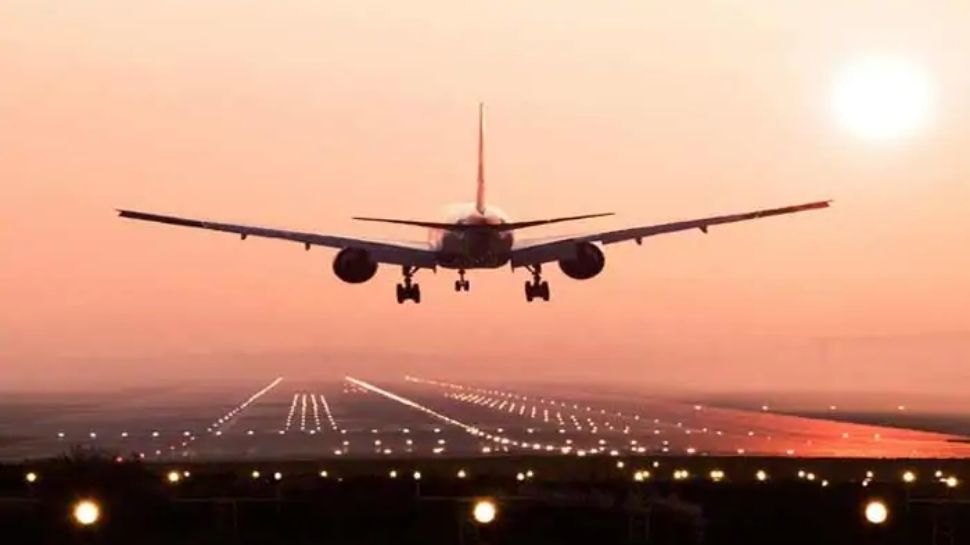Civil Aviation Minister K Rammohan Naidu on Monday (September 9) advocated for sustainable practices in the aviation industry, including the adoption of sustainable aviation fuel (SAF).
Naidu emphasised the importance of promoting sustainable aviation practices to reduce overall carbon emissions, noting that some airports have already achieved carbon-neutral status.
At a conference organized by the industry body Ficci, Naidu outlined efforts to incorporate SAF into jet fuel, aiming for a 1% SAF blend in international commercial flights by 2027, with a target to increase this to 2% by 2028.
The International Civil Aviation Organization (ICAO) has established a global framework mandating at least a 1% SAF blend in jet fuel for international flights by 2027.
Enhancing regional air connectivity
The civil aviation ministry has identified approximately 106 airports and airstrips for development to support regional flight operations.
Naidu also highlighted the need for India to develop global aviation hubs and stressed the importance of expanding regional air connectivity through the UDAN (Ude Desh ka Aam Nagrik) scheme. He praised UDAN for making air travel more accessible and announced its extension for an additional 10 years beyond its 2027 end date.
Civil Aviation Secretary Vumlunmang Vualnam confirmed that 106 airports and airstrips have been earmarked for development to improve regional air connectivity, among India’s 157 airports, heliports, and waterdromes. Additionally, Naidu projected a need for 350 to 400 airports over the next 20-25 years.
ATR Regional Aircraft’s Chief Commercial Officer, Alexis Vidal, expressed enthusiasm about collaborating with India’s aviation sector. Currently, ATR planes are operated by IndiGo, Alliance Air, and Fly91 in India.

